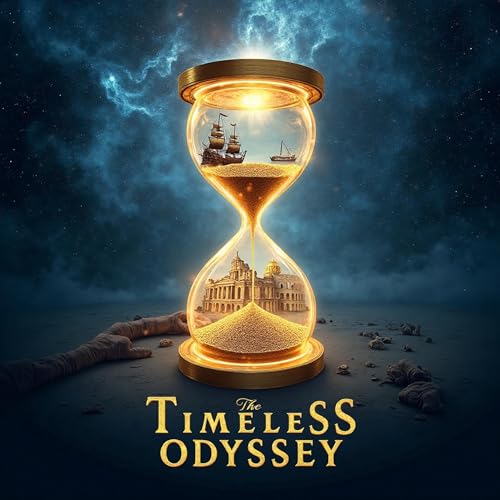In the opening episode, we explore humanity’s earliest attempts to understand the mystery of time. The journey begins with mythology, where cultures like the Greeks, Hindus, and Norse saw time as divine—whether as a devouring god, a cyclical wheel, or a thread woven into fate.
We then move into the dawn of civilization, where Egyptians, Babylonians, Mayans, and others developed calendars and timekeeping systems to guide farming, rituals, and governance. From sundials to lunar cycles, time became both sacred and practical.
The episode transitions into the scientific revolution, where Newton declared time absolute and universal, only for Einstein centuries later to overturn that view with relativity—revealing that time bends, slows, and stretches depending on speed and gravity. Time, once thought rigid, became fluid and dynamic.
Finally, we reflect on the personal experience of time, where minutes and hours are measured not only by clocks but by memory, anticipation, joy, and sorrow. The episode ends by framing time as both a universal force and an intimate human reality, setting the stage for the odyssey to come.
#TheTimelessOdyssey #BirthOfTime #Mythology #History #Einstein #Newton #TimeTravel #Philosophy #Podcast
 Sep 21 20256 min
Sep 21 20256 min Sep 19 20256 min
Sep 19 20256 min Sep 17 20256 min
Sep 17 20256 min Sep 16 20256 min
Sep 16 20256 min
